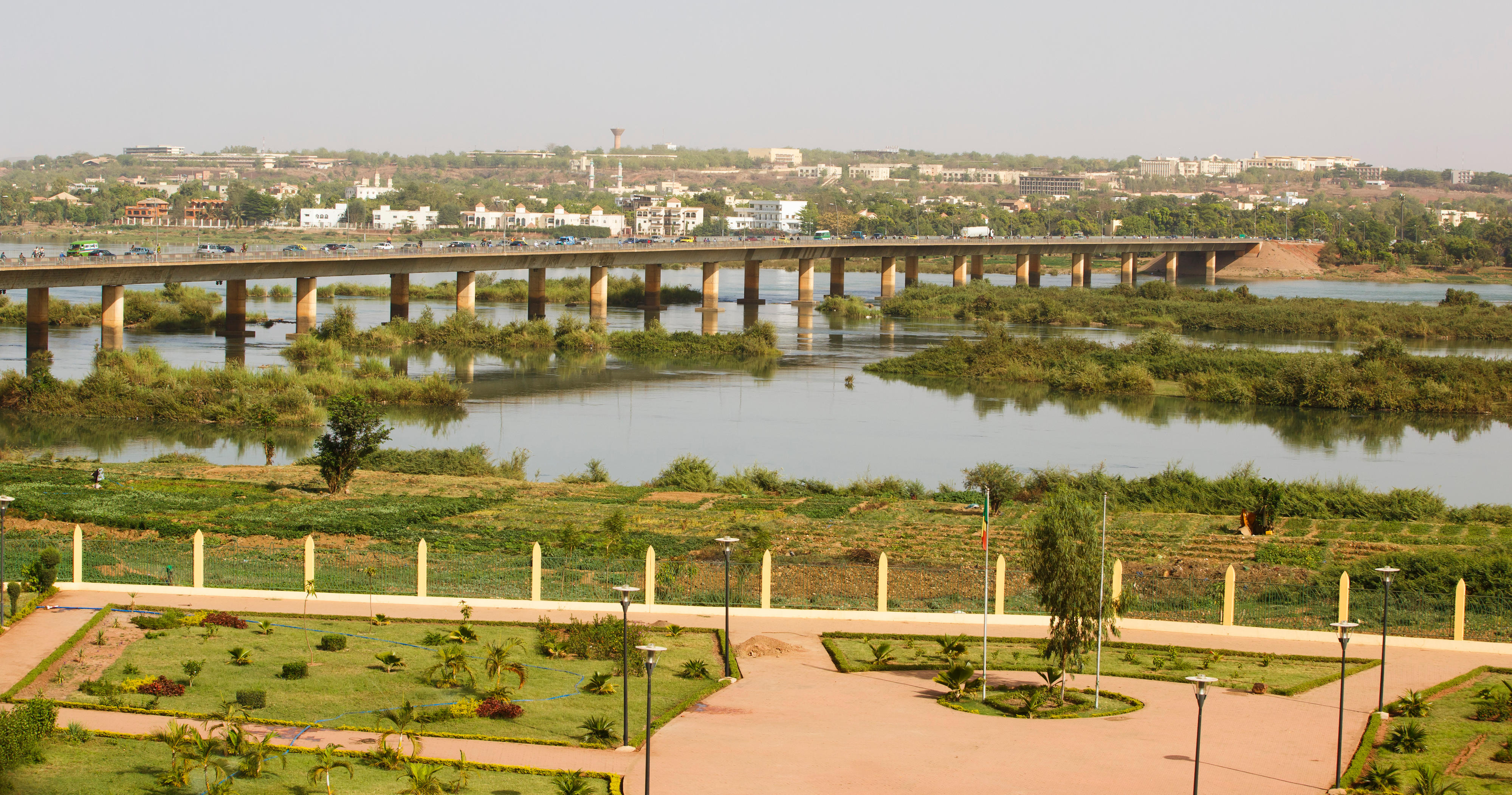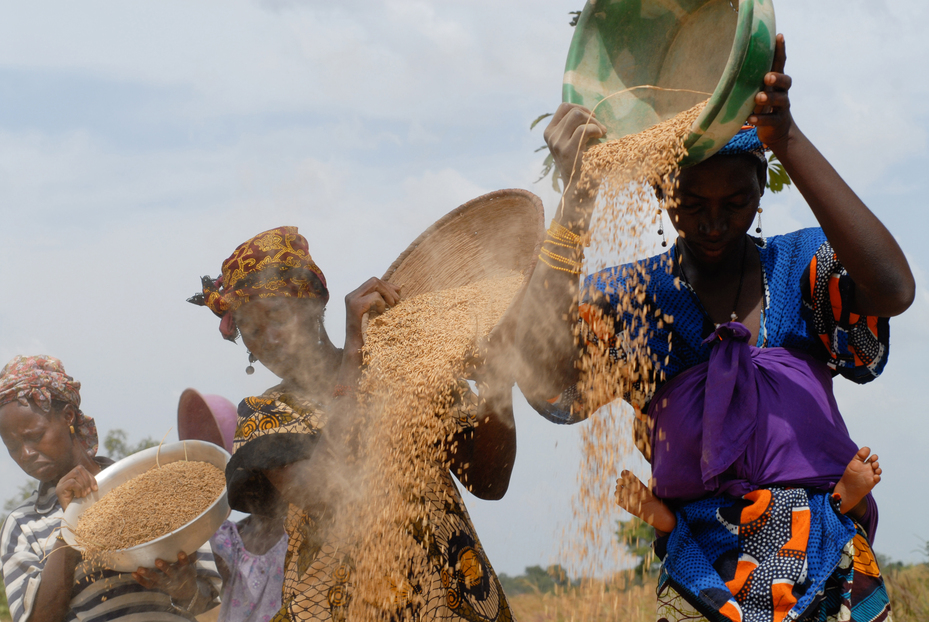View to Bamako and the Niger
Copyright© Thomas Trutschel/photothek.net
Cooperation in action Tackling the crisis in Mali using decentralised irrigation systems
Agriculture is Mali's most important economic sector, employing about two thirds of the workforce. However, given the increased frequency of dry periods due to climate change and the high level of population growth, traditional rain-fed cultivation methods are insufficient to ensure living incomes and food security for farmers. Yet Mali has huge water reserves that are potentially sufficient for long-term food security for the population.
That is why KfW Development Bank has been tasked by the German government with supporting the national programme for small-scale irrigation (Programme National d'Irrigation de Proximité, PNIP (External link)), which was adopted by the Government of Mali in 2012. Grant funding totalling over 200 million euros has since been made available for the programme by Germany, the European Union, Canada and the US.
The programme aims to achieve a lasting increase in food production, improve rural livelihoods and, in that way, strengthen confidence in local, regional and national institutions.
New pumps and canals are now being used for more targeted and resource-saving irrigation. New inundation areas foster water retention and groundwater formation. Measures also include the establishment of floodplains, small dams and vegetable gardens that are irrigated from shallow wells. In addition, support is being provided for erosion control infrastructure and new warehouses and roads to improve market access.
70,000 hectares of fertile farmland
Between 2014 and 2022, about 70,000 hectares of land were newly gained for agriculture or made fertile again with the help of German funding. Most of this land was in the Inner Niger Delta, with around 35,000 hectares in Timbuktu and 16,500 hectares in the Mopti region.
Nearly 180,000 small family farms, that is over 850,000 people, have directly benefited from the new farmland, the retention mechanisms, the vegetable gardens, fish farming, warehouses and new roads. This has enabled them to plant more rice, potatoes and vegetables and to increase their annual income by up to 30 per cent.
As at: 19/06/2024

